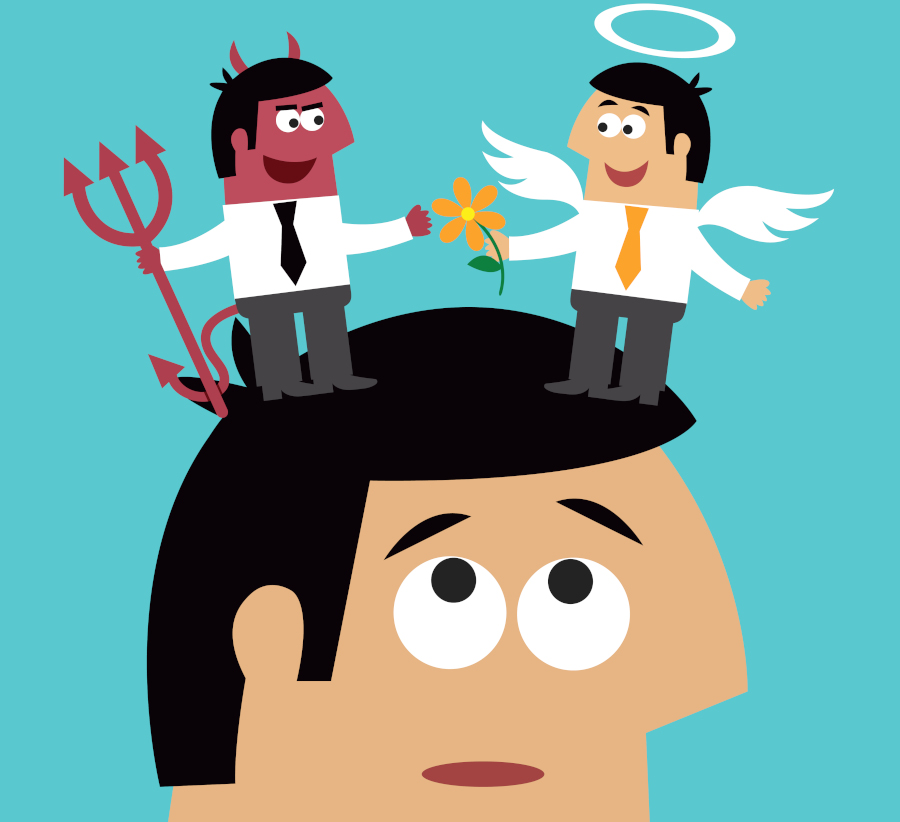We cannot empathized enough the importance of surrounding yourself with groups of love and wellness, because this could be a problem in the future, did you know that…

When individuals find themselves amidst a collective, their actions may diverge from their individual moral compass, succumbing to behaviors they would otherwise abstain from, even if those actions transgress ethical boundaries.
- When people are in a group, they might do things they wouldn’t do alone, even if it’s wrong.
- Regular people can do very bad things if they’re told to or if they think it’s okay.
Ordinary individuals are susceptible to perpetrating egregious acts under the influence of authority or under the misconception of moral justification, underscoring the potential for morality’s distortion in the face of external influence.
The dissemination of false information, whether intentional or inadvertent, possesses the capacity to inflict emotional distress and instill fear, leaving individuals vulnerable to psychological harm and emotional turmoil.
Early-life experiences hold the potential to exert a profound and enduring impact on one’s emotional landscape and behavioral patterns throughout adulthood, shaping one’s perceptions, beliefs, and responses to life’s challenges.

Certain individuals possess an innate adeptness in cultivating favorable impressions and eliciting affinity from others, irrespective of their underlying character or moral integrity, showcasing the sway of charisma and charm over discernment and judgment.
- If someone makes you think something that’s not true, it can hurt your feelings and make you feel scared.
- Things that happen to you when you’re little can affect how you feel and act when you’re bigger.
When individuals perceive a loss of agency or control over their circumstances, they may resort to acts of aggression or cruelty as a means of reclaiming a sense of empowerment and self-assurance.
The digital realm, with its anonymity and detachment, provides a conducive environment for the proliferation of hostility and animosity, enabling individuals to engage in callous behavior with impunity.
- Some people are very good at making others like them, even if they’re not very nice.
- When people feel like they’re not in control, they might do mean things to feel powerful again.
- The internet can make it easier for people to be mean to each other.
Certain factions or affiliations may employ tactics aimed at fostering a sense of exclusivity or belongingness, leveraging such emotional bonds to coerce compliance, even at the expense of one’s well-being.
Excessive preoccupation with empathizing with others’ emotions can lead to emotional fatigue and cognitive dissonance, exacerbating feelings of confusion and disorientation.
Recognizing the universal duality of human nature, wherein individuals harbor both virtuous and malevolent inclinations, underscores the importance of seeking support and guidance when navigating the complexities of interpersonal dynamics and moral dilemmas.
- Some groups will try to make you feel special so you’ll do what they want, even if it’s not good for you.
- Trying to understand everyone else’s feelings too much can make you feel tired and confused.
- It’s important to know that everyone has good and bad thoughts, and it’s okay to ask for help if you need it.
When individuals find themselves amidst a collective, their actions may diverge from their individual moral compass, succumbing to behaviors they would otherwise abstain from, even if those actions transgress ethical boundaries. Ordinary individuals are susceptible to perpetrating egregious acts under the influence of authority or under the misconception of moral justification, underscoring the potential for morality’s distortion in the face of external influence.
The dissemination of false information, whether intentional or inadvertent, possesses the capacity to inflict emotional distress and instill fear, leaving individuals vulnerable to psychological harm and emotional turmoil. Early-life experiences hold the potential to exert a profound and enduring impact on one’s emotional landscape and behavioral patterns throughout adulthood, shaping one’s perceptions, beliefs, and responses to life’s challenges.
Certain individuals possess an innate adeptness in cultivating favorable impressions and eliciting affinity from others, irrespective of their underlying character or moral integrity, showcasing the sway of charisma and charm over discernment and judgment. When individuals perceive a loss of agency or control over their circumstances, they may resort to acts of aggression or cruelty as a means of reclaiming a sense of empowerment and self-assurance.
The digital realm, with its anonymity and detachment, provides a conducive environment for the proliferation of hostility and animosity, enabling individuals to engage in callous behavior with impunity. Certain factions or affiliations may employ tactics aimed at fostering a sense of exclusivity or belongingness, leveraging such emotional bonds to coerce compliance, even at the expense of one’s well-being.
Excessive preoccupation with empathizing with others’ emotions can lead to emotional fatigue and cognitive dissonance, exacerbating feelings of confusion and disorientation. Recognizing the universal duality of human nature, wherein individuals harbor both virtuous and malevolent inclinations, underscores the importance of seeking support and guidance when navigating the complexities of interpersonal dynamics and moral dilemmas.

